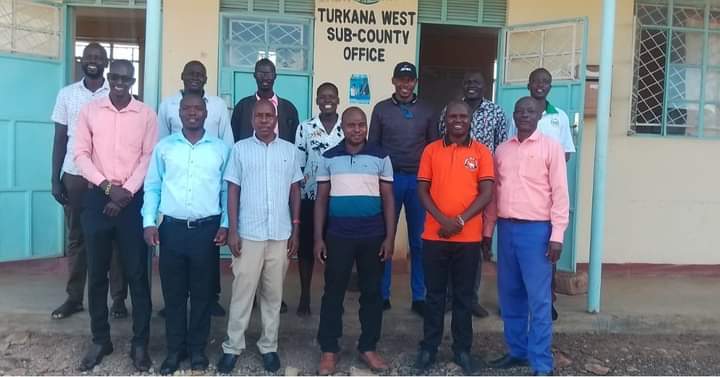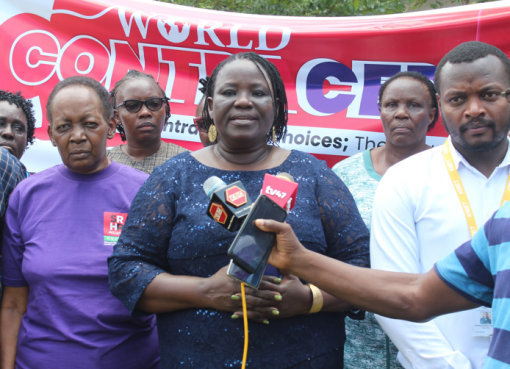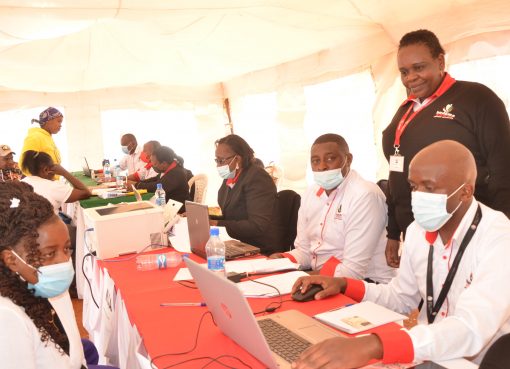The County government directorate of climate change has kicked off a process that will see the county utilize Sh 382 million funds meant to address effects of climate change.
The directorate of climate change has begun an assessment of proposed projects under the Locally Led Climate Action (FLLoCA) to ascertain compliance with the set requirements for funding by the World Bank and the County Government’s regulations.
Documents from the FLLoCA Program report that Turkana received a total allocation of Sh 382 million. World Bank disbursed Sh 262 million, while Turkana County was complemented by a matching fund of Sh 120 million.
The Deputy Director of Climate Change, Thomas Kiyong’a, said the countywide assessment will encompass site visits, project inspections, and structured community engagement and officials from both national and county governments over the next assessment period.
“The projects will be evaluated using an Environmental Safety Standards (ESS) checklist with 10 variables, some of which include; the presence of signed land transfer documents, a functional project management committee, and evidence of a working grievance management framework,” said Kiyong’a.
He further noted that Turkana County had a total of 33 FLLoCA projects, developed through community-based approaches that are locally-led.
“In our prior engagements preceding this assessment, residents identified borehole drilling, rangeland reseeding, water body protection, irrigation-fed agriculture, and animal production as key interventions to enhance resilience against climate change impacts,” said the Deputy Director.
The FLLoCA initiative, supported by the World Bank, aims to assist communities in bolstering resilience against climate change impacts through joint funding from the World Bank and the County Government.
During a field visit to Loreng’, Kiyong’a informed the residents that the data collected would be analyzed to develop corrective measures for projects failing to meet ESS compliance requirements.
A Local elder, Emanikor Echukule Lokarach, described the borehole selection of the standards as vital in addressing grass cover depletion caused by continual animal migration in search of water.
According to Lokarach, the proposed Loreng water project adhered to all initial steps outlined by the Climate Change team, expressing optimism that the project would be deemed fully compliant and facilitating the release of project funds.
By Peter Gitonga





